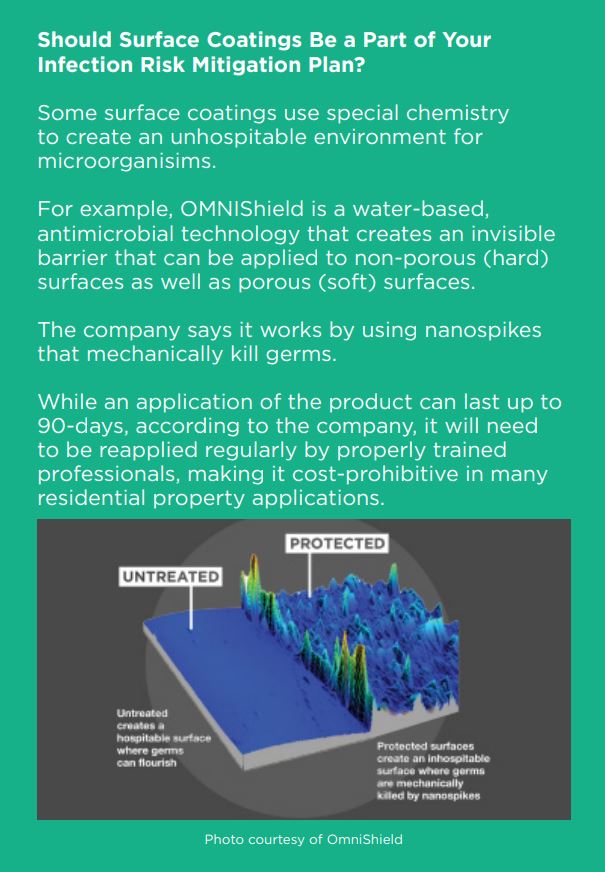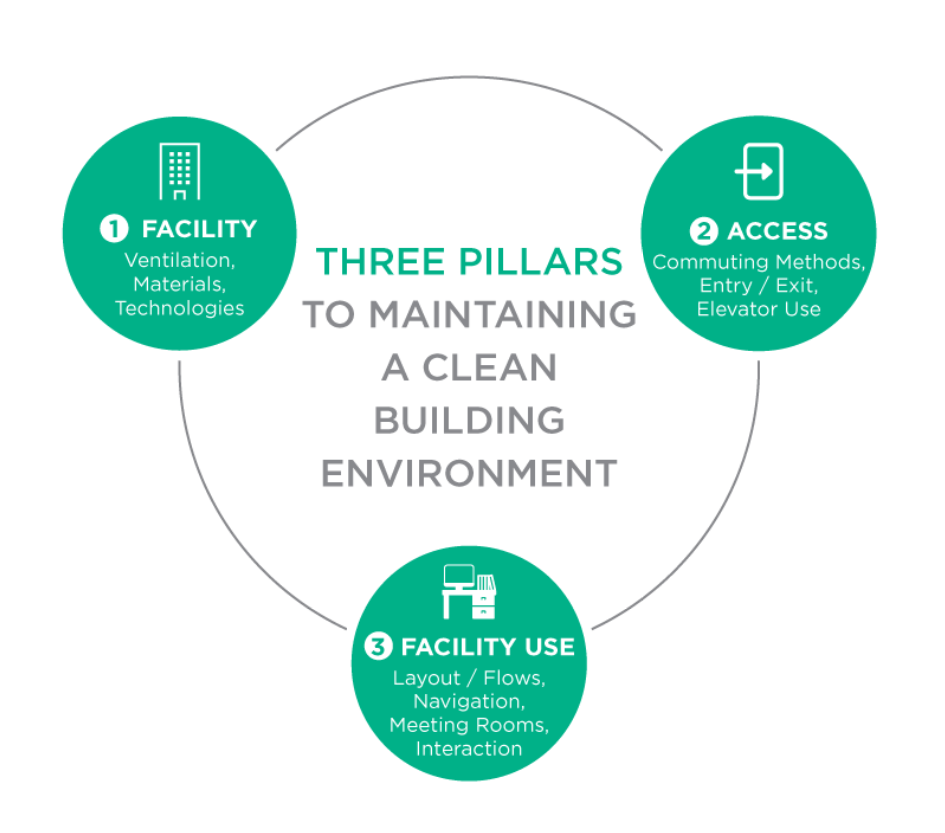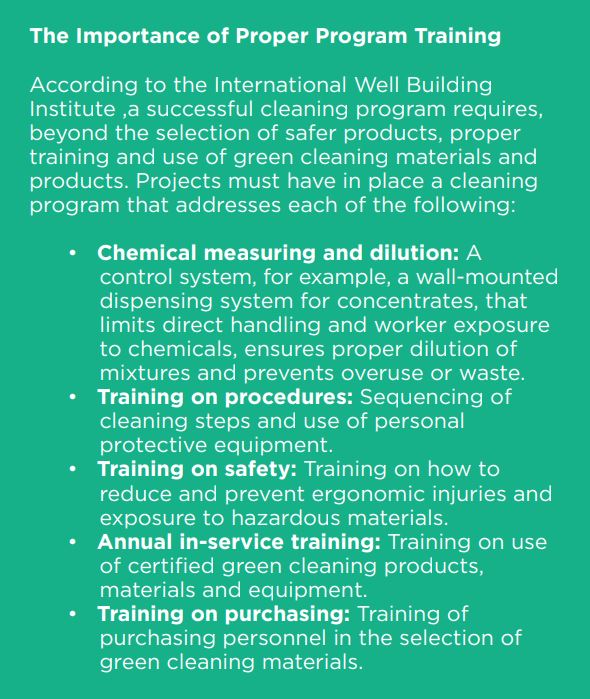A Property Manager’s Guide to Finding the Best Cleaning Company
In addition to keeping building occupants healthy, cleanliness is now a key driver in attracting and retaining residents.
In fact, clean facilities are increasingly becoming a differentiator in the marketplace.
For example, a recent Skyscanner study found that travelers intending to book accommodations in the wake of the pandemic rated hygiene as more important than price or location.
It’s no surprise, then, that property managers are encountering similar attitudes among their residents.
“We are getting calls from property managers who are facing increasing demands from their tenants around cleanliness,” says Phil Harper, president and co-founder of WellNest Professional Cleaning, based in Northern Virginia. “And they are looking for solutions to help them meet that need with a janitorial provider who truly understands their tenant base.”
Which means it’s more important than ever to partner with the right janitorial services company to develop your infection risk-mitigation strategy.
What to Ask Your Cleaning Current or Potential Provider
How do you know if you’ve got the best partner? You can start by asking the right questions.
Whether you are re-evaluating your current provider or looking for a new cleaning service, ISSA, the worldwide cleaning association, recommends you start with this list:
- What methods and products do you recommend using? How and why do you plan to use them?
- Is the chemical or technique you are recommending registered with the Environmental Protection Agency (EPA) for the use you are suggesting? Are the products on the EPA’s List N? Green Seal’s Guidelines to Safer Cleaning and Disinfecting?
- Do you have safety data sheets and usage instructions? (Any chemical or technique inconsistent with the manufacturer’s recommendations could cause harm to users, surfaces and occupants. The SDS includes information such as the properties of each chemical; the physical, health, and environmental health hazards; protective measures; and safety precautions for handling, storing, and transporting the chemical. Usage instructions will indicate if the product requires dwell time to effectively disinfect a surface, among other things.)
- Does the manufacturer recommend the chemical or technique for the specific surface types you are using? (Some options might be useful on certain surfaces but could damage others.)
- Will the chemicals and techniques you recommend be safe for building occupants?
- Can you verify that your cleaning staff are trained in the technologies and methods they are using? That they know how to use the appropriate PPE required for the situation? If there is risk to cleaning staff of being exposed to human blood or bodily fluids or other potentially infectious materials, do they have training in the proper work practices required?
- Are your cleaning staff trained about the sources of exposure to the SARS-CoV-2 virus, the hazards associated with that exposure, and appropriate workplace protocols to prevent or reduce the likelihood of exposure?
- What other training does the cleaning staff have in terms of the procedures they will perform?
- Do you have references from current clients?
- What certifications do you have?
A Note of Caution
Some cleaning providers might claim that they have products or techniques that can “proof,” your building for up to a certain number of days. Be sure to thoroughly vet those claims by checking to see if they are government registered and approved for use to combat SARS-CoV-2.

There are also some surface coatings that use special chemistry, nanotechnology and other science to degrade biomatter or repel debris. According to ISSA, these coatings can help minimize the risk, like other cleaning techniques, but they cannot guarantee that your building will be virus free.
The reality is that a surface is only clean until the next time it comes into contact with an outside influence — air droplets, unwashed hands, dust particles and all the other ways dirt, soil and germs enter a building.
That’s why any strategy to mitigate risk infection needs to take a holistic approach, such as WellNest’s 3 Pillar Approach to Maintaining a Clean Environment.
Furthermore, all cleaning programs need to be adjusted for cleaning and disinfecting in a post-pandemic environment.

“The best analogy I’ve found is the tech world transitioning into ‘built on the cloud’ where the tech products that are cloud-based are doing better now since everything is in the cloud,” says Harper. “WellNest is foundationally built with a pandemic in mind so we are able to build programs that are aligned with the modern cleaning industry.”
Thoroughly vetting your professional cleaning staff and their techniques and technologies will go a long way toward reassuring your current and potential tenants that you are doing your best to provide a safe and healthy environment.

Because, let’s face it, in today’s environment, cleanliness means business. To learn more how WellNest can help your building stay clean and healthy, schedule a free commercial estimate.